The Power in the First Step: Accepting Powerlessness For Recovery
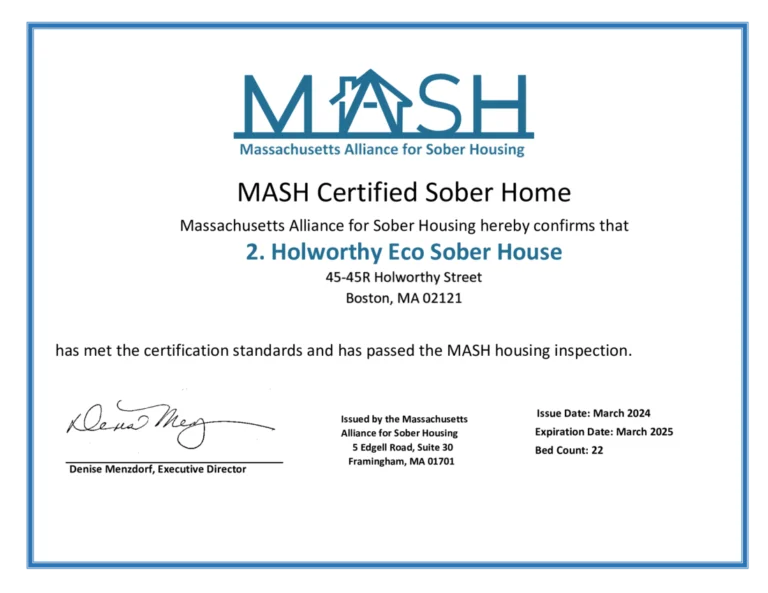
They say Step 1 is the only step we can work perfectly, a step we have to work every day. Not just because I can easily forget that I am powerless over alcohol, but I’m also powerless over lots of other things too, and I sure am skilled at making my life unmanageable, even in sobriety. Not only are we powerless over alcohol, we come to learn that we are powerless over just about everything except our own reactions to things. We pray for serenity in every meeting because serenity helps keep us sober. We need to be free from anger and resentment to stay sober. Thinking that we can change other people’s behavior is sure way to not live in serenity.
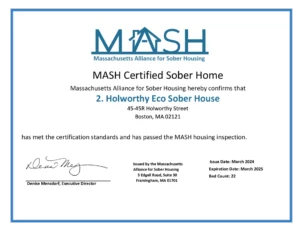
How can this be a good reminder to us all that recovery is a lifelong pursuit?
We sometimes feel as if we are the victim and point fingers at other people or situations. This kind of thinking prevents us from looking at our powerlessness. Accepting our powerlessness opens us up to the willingness for a Higher Power’s help.
- Financial issues often arise as well, with money being spent on alcohol at the expense of essential needs and responsibilities.
- So is, “How is taking a drink to calm down different from taking medication to calm down?” If you have to justify your use of the substance, you may have a problem.
- I have spent a lot of time trying to control the people in my life by helping them.
- If you must have the addiction to feel normal, beware, you may be powerless over your addiction.
Mental Health Awards
Don’t set yourself up for failure by expecting perfection, because perfection in this process is impossible. Relying on your own independent attempts to control your behavior has likely led to more failure than success in the past. Believing you have enough power to stop on your own feeds isolation and pride, both of which are fuel for continuing in addiction.
If You Are Powerless Over Your Addiction
For many of us, it was hard to imagine how we could change our lives. It wasn’t easy to take that long hard look in drug addiction the mirror. I make up excuses on why I don’t need to go to meetings this week.
Step one : Admitting Powerlessness and Unmanageability
I used to argue–especially when hospitalized–that taking a drink to calm down was no different than taking pills to calm down, much to the staff’s annoyance (Alcoholism and Mental Illness). “Alcohol has been around since before the time of Christ,” I’d argue. “We know what the side effects are. We don’t know what these medications do.” I frequently remarked when how am i powerless over alcohol life got tough, “This is why I drink.” We integrate the community into this exercise as well.
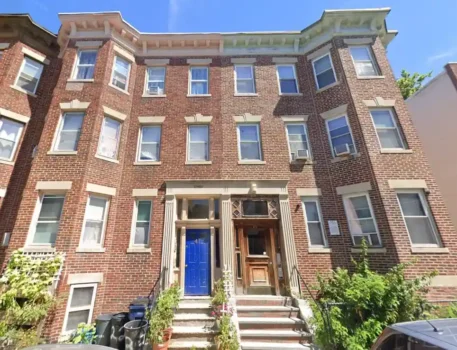
I have the power to engage in a program of recovery. But I am powerless over drugs and alcohol when I put them in my body. Powerlessness over addiction can be difficult to overcome, but it is possible with the right help and support. Recovery is possible, and healing can transform your mind, body, and spirit.
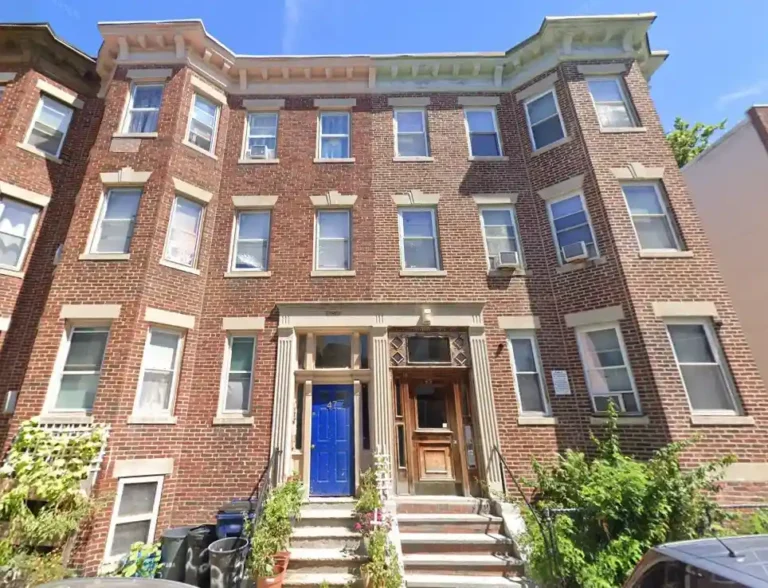
Step One is about accepting what is and what is not. It is a gateway to freedom and a proclamation of progress. As we go through the process of Step One, we are moving from a lack of awareness into an awareness of the reality of this disease and the possibility of change. We are beginning to believe that we are capable of living in a different way.
- Powerlessness is often mistaken for weakness, but this is actually a step of strength.
- Cravings can become very strong for a person who has an addiction to alcohol.
- I may be sober for 3 months, 6 months, a year, even longer, but if I’m still angry, defensive, procrastinating, blaming, shaming, etc.
- While the realization might be painful and challenge the idea of who we imagine ourselves to be, it’s impossible to solve a problem without first acknowledging the scope and scale of the issue.
- Furthermore, it gave me the opportunity to wake up to the reality of the disease of addiction.
- Our holistic treatment programs treat the whole person in recovery.
- Step one encompasses the total and utter powerlessness found in the depths of the disease of addiction.
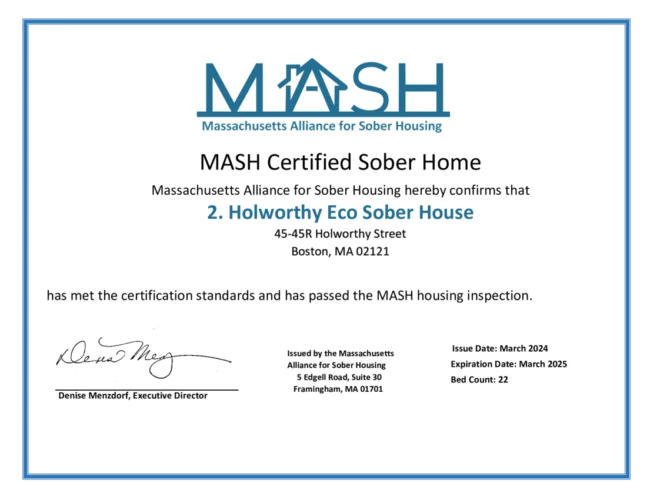
Getting help from others at a treatment facility and in peer recovery groups can benefit your sobriety. “We admitted we were powerless over alcohol—that our lives had become unmanageable.” When it’s all said and done, I love Brian’s interpretation and explanation of the first two steps.
- But, I did recognize that a bunch of drunks who I met with every day had found a way to stay sober for weeks, months, even years.
- When we are struggling with addiction, we can feel incredibly powerless.
- Our vast collection of articles and resources is written to inspire and guide individuals, their family members, and loved ones to learn about different addictions to live a fulfilling life in sobriety.
- Where any sane, non-alcoholic person would have easily had one or two (or even none).
- My friend said it felt like accepting it meant that she liked it.
- The thought that a substance can have the power to completely take control of one’s life to the point of dysfunction seems inconceivable.
Friends in Recovery
Our holistic treatment programs treat the whole person in recovery. We have locations in New Jersey, Pennsylvania, and Michigan. Admitting to being powerless over alcohol will help a person to recognize that he or she does not have control over their drinking. Denying there is a problem only allows the person to continue their destructive behavior. Providing these examples of powerlessness over alcohol can help an individual to start recovery.
Learn About Addiction
It wasn’t long before I convinced myself I could just drink and smoke a little weed because I wasn’t like all of the other addicts and alcoholics around me. The truth is, not one alcoholic or addict is unique. We all suffer from the same powerlessness over mood and mind-altering substances, people, places, and things. After enough pain, it did not take long before I had opiates back in my hand and absolutely no idea where it all went wrong. A person with alcohol addiction feels powerless because his or her behavior changes in ways that would not happen when sober. The mental obsession and physical cravings increase after the first drink, causing the person to drink more.

